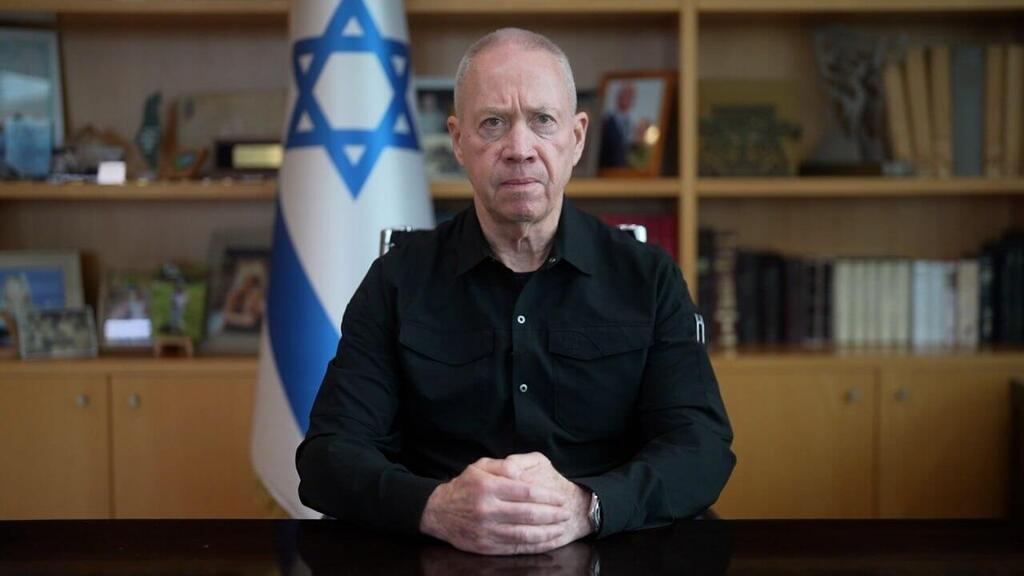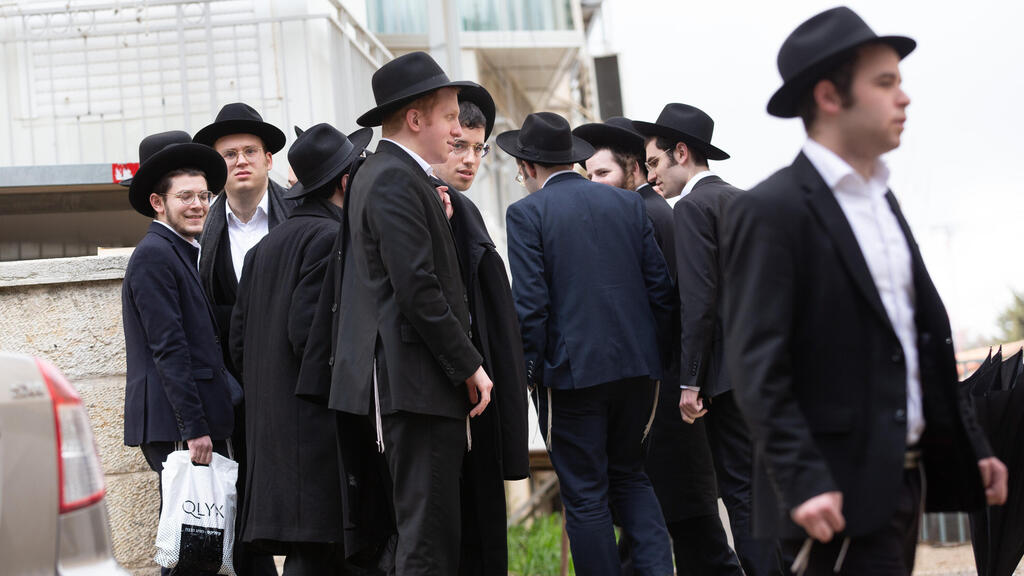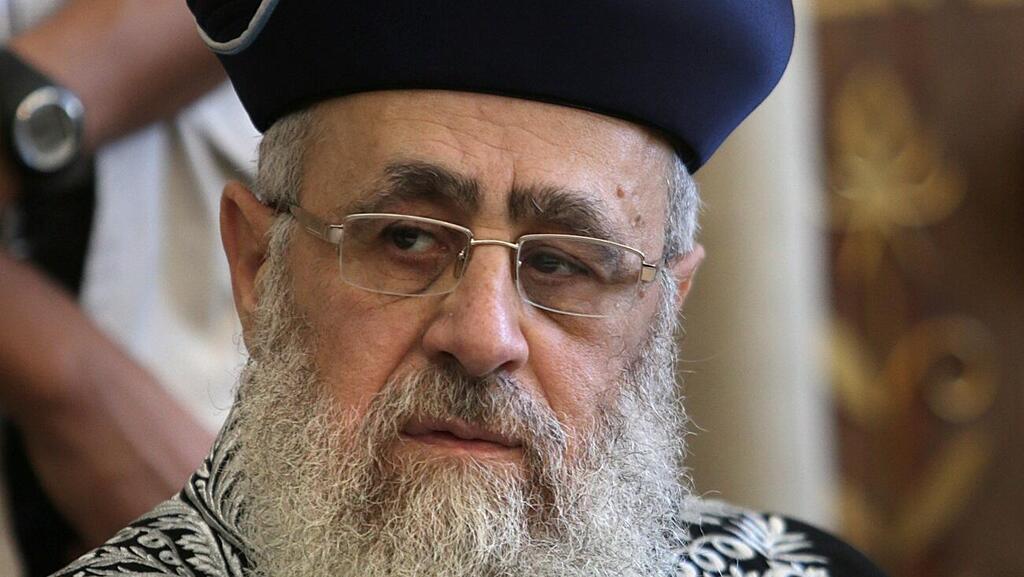Defense Minister Yoav Gallant said on Monday that he does not support a proposed bill to legalize the exemption of ultra-Orthodox men from military service after Prime Minister Benjamin Netanyahu announced he would be bringing the proposed law to a cabinet vote on Tuesday, when he will be traveling to the United States to meet with his counterpart Lloyd Austin.
The question of Haredi exemption from service has been brought to the fore with urgency after the Supreme Court ordered the government to legislate a new draft bill or end funding to the ultra-Orthodox Yeshivas, which has increased substantially under the current government. Earlier legislation expires on April 1, and the extensions granted by the court have also run out.
Despite Gallan't opposition, Netanyahu insists on a vote that would then allow him to present the draft to the Attorney General and inform the court that legislation is underway, thereby preventing the suspension of funding that would cause a coalition crisis before the Knesset begins its summer session.
Gallant has previously said publicly that since the Defense Minister is authorized to propose legislation in the matter, he would only bring a bill that has the support of a vast majority of lawmakers and specifically of Benny Gantz head of the National Unity Party and currently a member of the war cabinet. According to polling, Gantz is a leading contender for premier, should elections be held in the near future.
According to a draft seen by Ynet, Haredi men would be exempt from service until the age of 35, up from 26 currently and the IDF would be instructed not to take steps to bring Haredi's into the service until June 16, the deadline for a new bill to come into effect.
There is no specified number of Haredi men who would be required to serve or a specified objective for the ultra-Orthodox participation in military service. The bill does not answer the IDF's immediate needs to fill its ranks during the war. The bill also does not specify sanctions for failing to comply with the law.
The military would be required to facilitate Haredi service by opening special units that would not offend their religious sensibilities – specifically units who do not include female soldiers, by August 2024 when the first conscripts are expected to begin their service.
The matter of Haredi participation in what is described in Israel as an egalitarian distribution of burdens to all citizens, has long been a point of contention and successive governments, although promising to increase the number of ultra-Orthodox conscripts - have failed to do so while relying on the support of the Haredi political parties to secure their coalitions.
Earlier this month, Chief Rabbi Yitzhak Yosef threatened in his weekly sermon that Haredi men would leave Israel en masse if their exemption from compulsory service is not renewed. His comments sparked outrage and he later walked it back clarifying he was referring only to ultra-Orthodox who study full-time in Yeshiva.
According to the IDF some 66,000 Haredi boys aged 18 have been exempt from service in the past year although many of them do not study full time. The exemption encourages the ultra-Orthodox men to remain tethered to the Yeshiva and avoid participating in the job marked.
Economists have long warned that since Haredi men remain in Yeshiva until a late age and do not turn to vocational training or higher education, their absence from the job market puts a burden on the Israeli economy.
But since the October 7 massacre and the ensuing war, the public demand for equality in service has grown especially after the IDF said it would extend the term of compulsory service and increase the service of reservists to meet the demands of war and the growing security challenges.




